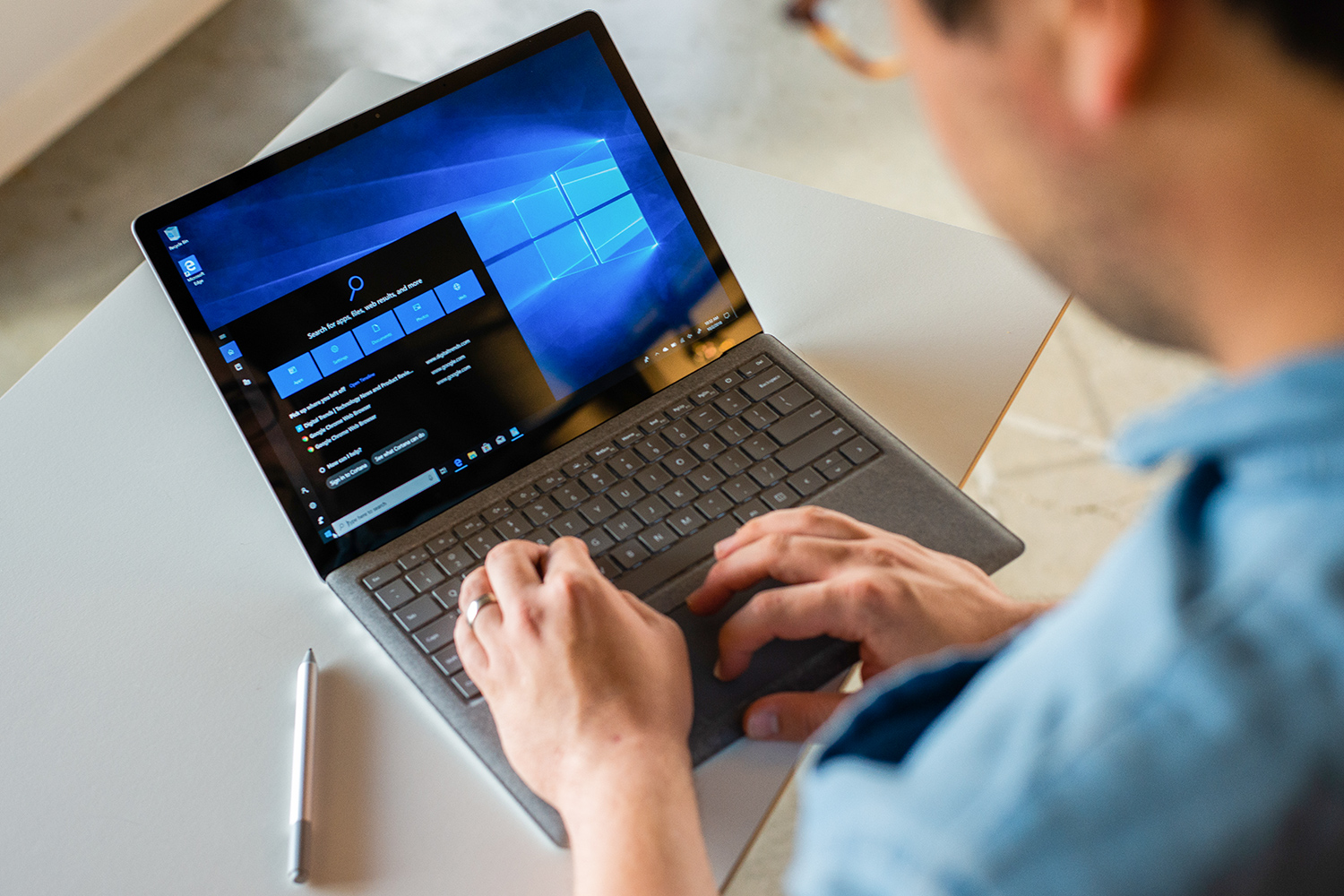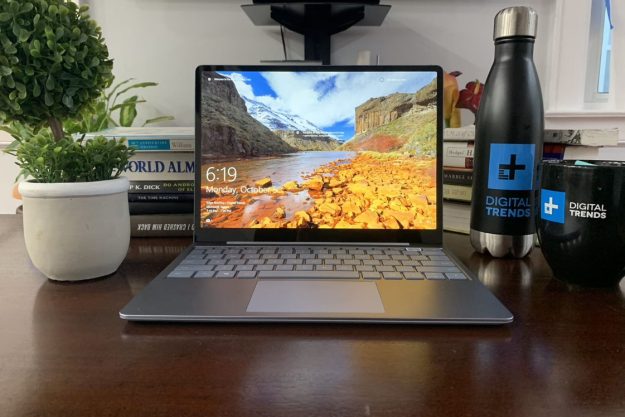
Microsoft has had quite a bit of trouble in addressing Windows bugs recently, and it now looks like things aren’t getting easier for some consumers. In the latest set of headaches, a recent cumulative update for the Windows 10 April 2018 release has broken the file association settings with certain applications, but a fix is coming soon.
Microsoft documents this bug on the list of known issues for cumulative update KB4462919 and estimates a solution will be available in late November. As a workaround, it is recommended to try and set applications to default again until a resolution is available.
In testing, some third-party Windows 10 apps like Adobe Photoshop and Notepad++ no longer work as intended when users go to Settings to choose either program as the default for .txt files. Windows 10 will instead absurdly ignore a consumer’s app default settings for both programs and open the file in NotePad on its own.
The same problem also applies when right-clicking on a .txt file and choosing “Open With” and “Always Use This App.” from the drop-down menu. Windows 10 will initially open it up correctly in the designated app, but will later forget the file association setting and default back to Notepad.
Oddly enough, the Windows 10 October 2018 Update doesn’t appear to be impacted at the moment. It might be wise to temporarily pause updates or roll back and uninstall the problematic cumulative update if you’re in fear of this issue, or if you are already seeing that your file association settings aren’t holding.
The bug appears to be a common problem with a lot of Windows users and a Reddit support thread dedicated to the topic has gathered over 88 upvotes and 47 comments at the time of writing.
“I’ve been having this issue for quite some time now. I’m not able to assign certain file types to certain programs. This is happening in 1809, decided to rollback (through clean format) to 1803 and I still have the issue. Thinking of going back to 1709 to get rid of it,” complained a frustrated Windows 10 user on social media.
This is now the third major problem facing Windows 10 recently. Previously, Microsoft had to pull back the release of the Windows 10 October 2018 Update after consumers reported it was deleting files upon an upgrade. There also was another issue which caused the Blue Screen of Death on certain HP computers, though that was linked to driver issues and quickly fixed. And, more recently, a bug also impacted zip file operations, overwriting and deleting users documents without the proper prompts on the screen.
Updated on November 9, 2018: Added Microsoft’s official response and workaround.
Editors' Recommendations
- Windows 11 might nag you about AI requirements soon
- You’re going to hate the latest change to Windows 11
- The most common Windows 11 problems and how to fix them
- Microsoft finds a sneaky way to slip more ads into Windows
- Microsoft announces a new threat to push people to Windows 11


